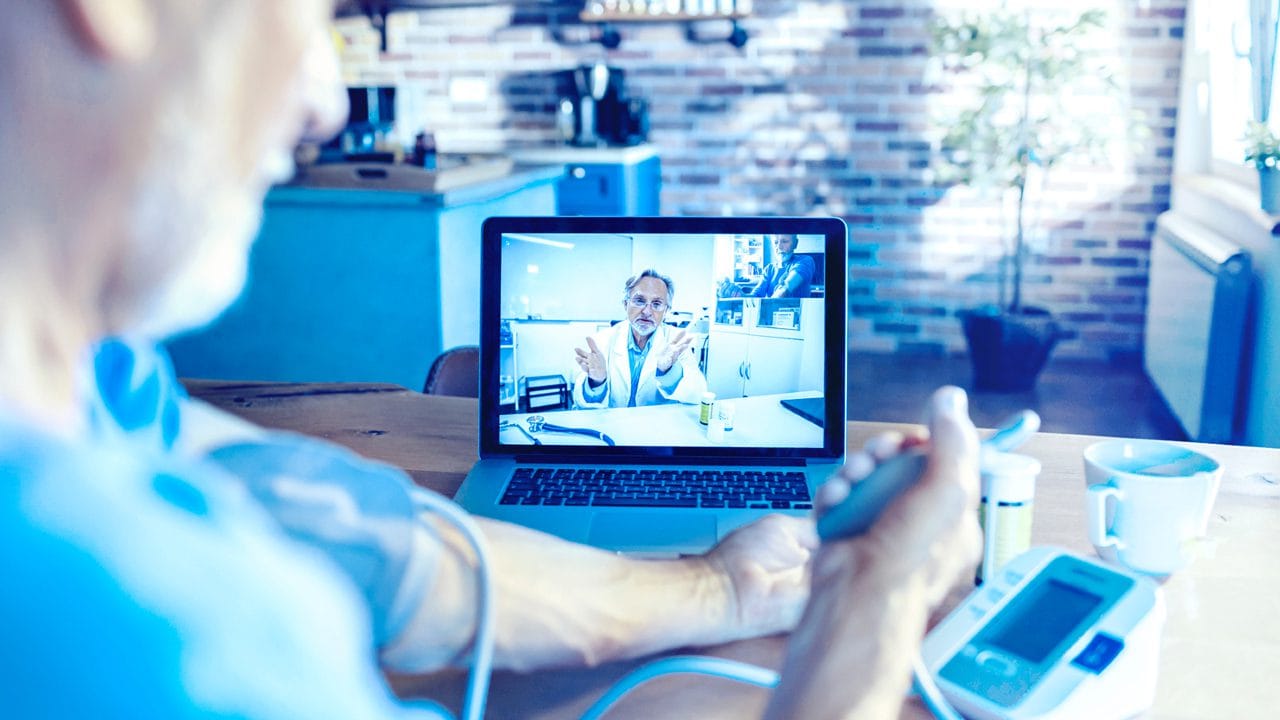It’s amazing to look back and see just how far our world has come technologically.
The same can be said about technology in healthcare. From improved operational efficiency to standards in patient care, the healthcare transformation has enhanced the entire experience for both patients and medical professionals.
The following are six of the top healthcare technology and healthcare industry trends and innovations that are revolutionizing the field.
1. Precision Medicine: Tailoring Treatment to the Individual
One of the groundbreaking advances in healthcare is the advent of precision medicine, which leverages technologies like genetic testing and molecular profiling to customize treatment plans based on an individual’s unique genetic makeup. This approach enables healthcare providers to prescribe medications that are more likely to be effective and have fewer side effects, ultimately optimizing patient outcomes. By tailoring treatments to the specific genetic characteristics of each patient, precision medicine represents a paradigm shift in healthcare, moving away from a one-size-fits-all approach to a more personalized and effective model.
2. Telemedicine: Breaking Down Barriers to Access
Telemedicine has emerged as a game-changer in healthcare, especially in the context of improving patient well-being. Through video consultations, remote monitoring, and virtual health platforms, patients can access medical care from the comfort of their homes. This is particularly beneficial for individuals with limited mobility, those living in remote areas, or those facing barriers to traditional healthcare access. Telemedicine not only enhances convenience but also enables timely interventions, leading to better management of chronic conditions and improved overall well-being.
3. Wearable Technology: Empowering Patients to Take Control
Wearable devices, such as fitness trackers and smartwatches, have become ubiquitous in today’s society. Beyond counting steps and monitoring heart rates, these devices are increasingly playing a crucial role in healthcare. Patients can now track various health metrics, including sleep patterns, physical activity, and even vital signs. This real-time data empowers individuals to actively participate in their healthcare management, fostering a proactive approach to well-being. Healthcare providers can also use this information to make more informed decisions and offer personalized advice, promoting a collaborative and patient-centered care model.
4. Artificial Intelligence: Revolutionizing Diagnostics and Treatment
Artificial intelligence (AI) is revolutionizing healthcare by streamlining processes, improving diagnostics, and enhancing treatment plans. Machine learning algorithms analyze vast amounts of data to identify patterns and predict potential health issues. This not only expedites the diagnostic process but also enables early intervention, preventing the progression of diseases. AI is also being utilized to enhance treatment planning, optimize surgical procedures, and develop personalized rehabilitation programs, all of which contribute to better patient outcomes and overall well-being.
5. Electronic Health Records (EHRs): Seamless Information Sharing
The digitization of health records has transformed the way healthcare information is stored, accessed, and shared. Electronic Health Records (EHRs) enable seamless communication between healthcare providers, ensuring that critical information is readily available and avoiding unnecessary delays in treatment. This interconnected system enhances patient safety, reduces the likelihood of errors, and facilitates more coordinated and efficient care. Patients themselves can also access their health records, promoting transparency and active involvement in their healthcare journey.
6. Augmented Reality (AR) and Virtual Reality (VR): Enhancing Patient Engagement
AR and VR technologies are finding applications in healthcare that go beyond gaming and entertainment. These immersive technologies are being used for patient education, pre-surgical planning, and therapeutic interventions. Patients can visualize complex medical concepts, understand their conditions better, and even undergo virtual simulations of procedures before the actual surgery. This not only improves patient understanding and engagement but also contributes to reduced anxiety and better post-operative recovery.
A Technological Renaissance in Healthcare:
The impact of modern technologies on patient well-being is undeniably transformative. From personalized treatment plans to enhanced access to healthcare services, these innovations are reshaping the healthcare landscape. As we continue to embrace and integrate these technologies, the future holds even greater promise for improved patient outcomes, increased efficiency, and a healthcare system that prioritizes the well-being of individuals. The synergy between technology and healthcare is not just a trend; it’s a renaissance that is propelling us toward a future where healthcare is not only advanced but truly patient-centered.







